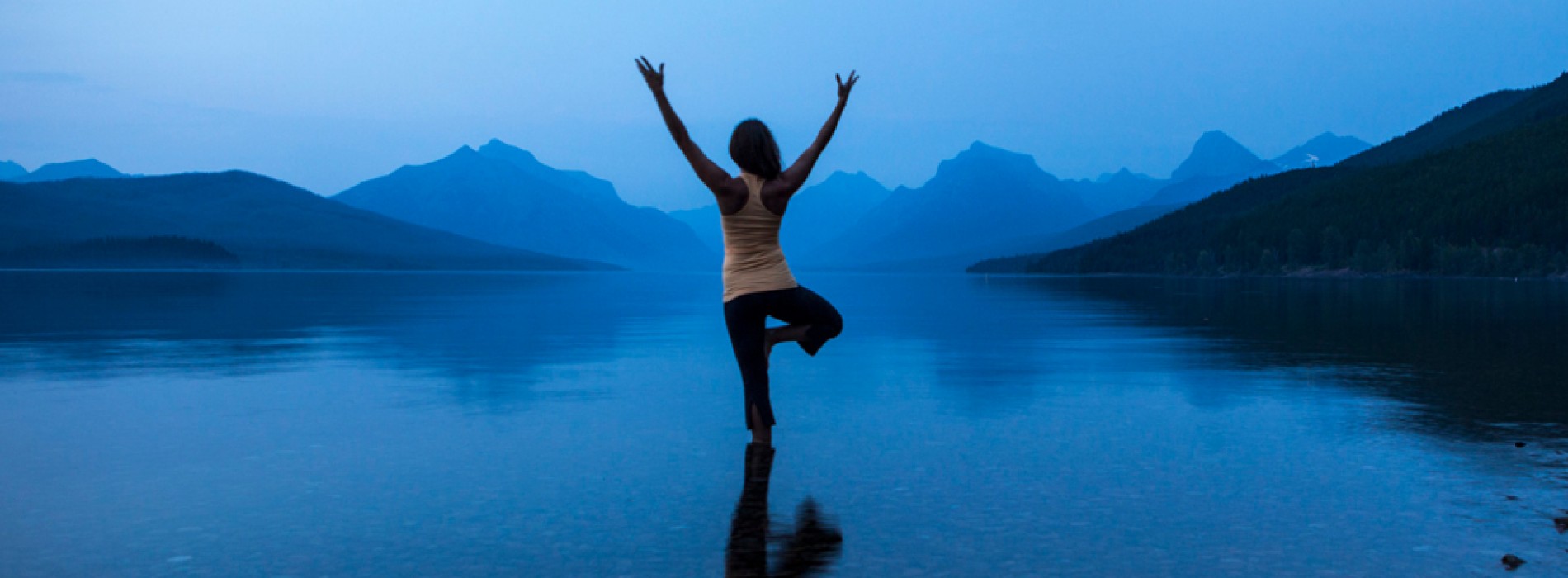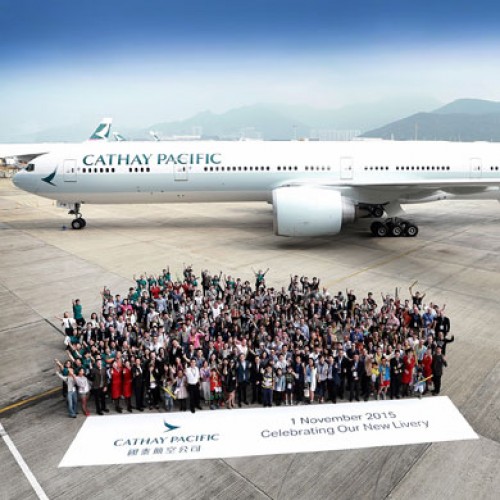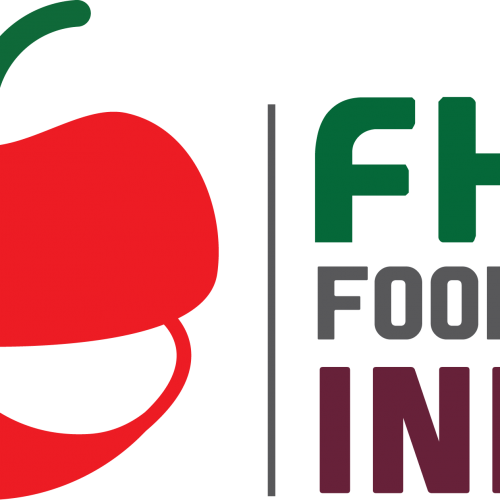From on-demand champagne to mountaintop yoga class, new concepts of luxury are changing what high-end travelers expect
New research shows how evolving definitions of ‘luxury’ and ‘status’ are altering travelers’ preferences and expectations of service.
As the world’s ideas of wealth and status change, travelers’ ideas of luxury are changing to match. High-end travelers increasingly choose subtle indulgence over flashy logos and conspicuous consumption. And they’re gravitating toward travel that enables them to live out their personal values and fulfill their dreams through exclusive experiences.
In this new landscape, “luxury travel” can mean flying by helicopter to a remote desert peak for an exclusive yoga class. Or, it could mean passing up the comfort of a resort stay for a once-in-a-lifetime dive to the wreck of the Titanic – a “vacation” that requires specialized training in addition to the ultra-premium price.
A newly-released report, The Future of Luxury Travel, by Sabre Hospitality Solutions in collaboration with TrendWatching reveals five key areas impacting how customers will choose luxury accommodations and experiences in the years ahead.
“The evolution of high-end travel is creating a marketplace where ‘luxury’ is defined by the most exclusive, unique experiences that reside at the intersection of affluence and access,” said Sarah Kennedy Ellis, vice president of global marketing and digital experience at Sabre Hospitality Solutions. “We see guests moving beyond traditional ideas of status and embracing highly-bespoke travel opportunities that focus more on the individual traveler’s personality and values and less about expressing opulence.”
Each of the five trends have immediate implications for the hospitality industry, showing how luxury brands and innovative startups can attract high-end travelers by providing fresh, unique opportunities and experiences.
Luxury drives growth in wellness tourism: According to figures from the Global Wellness Institute, the global wellness tourism segment is expected to grow by over 37 percent to USD $808 billion over the next three years. A major driver of this growth will be luxury travelers looking for opportunities to better themselves. Those trips could include rare and highly-shareable moments like the exclusive Museum Workout at New York’s Metropolitan Museum of Art – a 45-minute exercise session and tour held before the gallery opens to the general public.
Low-key luxury: Increasingly, luxury travelers identify themselves as “post-status” – choosing subtle indulgence over prominent logos and showy opulence. The “no-frills chic” phenomenon sees travelers choosing travel that contrasts with traditional luxury – which, itself, is a new way of showing off one’s status by defying convention.
Indulgence without guilt: Another factor driving consumer choice is a desire for guilt-free luxury. The Future of Luxury Travel report cites examples of emerging high-end products and services whose selling points include positive environmental or social impact. From ice cream made from fruit that would otherwise have been sent to a landfill, to lab-grown gems that offer an ethical alternative to diamond mining, wealthy consumers are choosing luxury products that help make the world a better place.
You might also like
Nagpur-Hyderabad train travel to take 3 hours
A rail journey between Maharashtra’s winter capital Nagpur and the city of pearls, Hyderabad, may take a mere three hours, down from the nine that most trains take now, if
Cathay Pacific unveils changes to its aircraft livery
Cathay Pacific Airways has unveiled a new livery that will be progressively introduced onto all the aircraft in its fleet. The livery was showcased on one of the airline’s Boeing
UBM India to launch the maiden edition of Food & Hotel India (FHIn) on September 5
90+ Exhibitors, 15 participating countries, 10 International pavilions, and 8 Special Events at India’s truly global B2B show for the Food & Hospitality industry UBM India is delighted to announce







